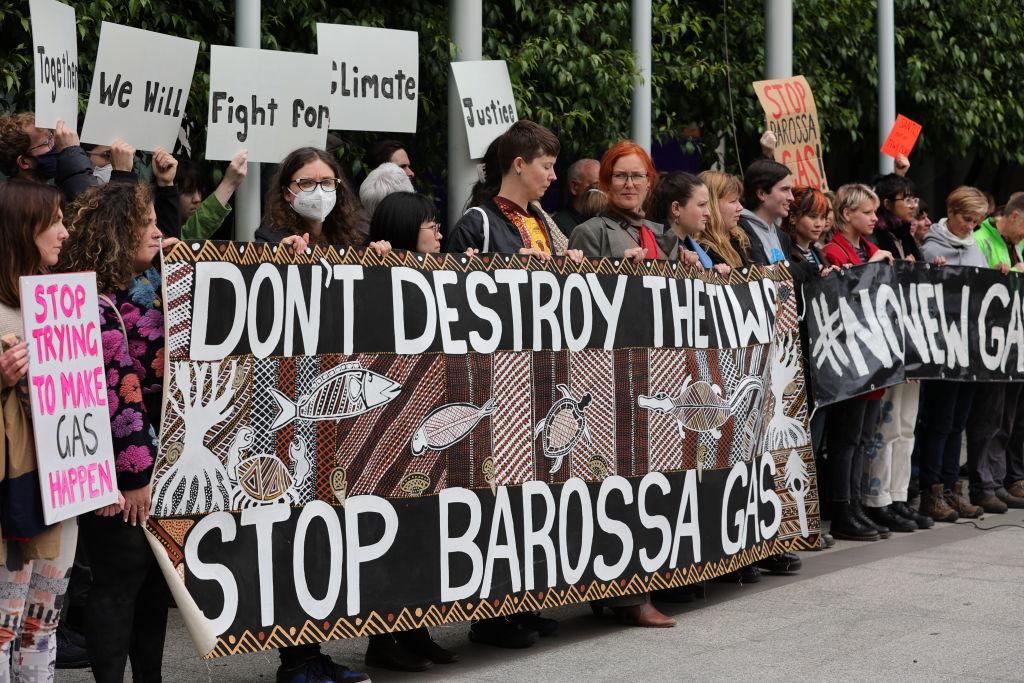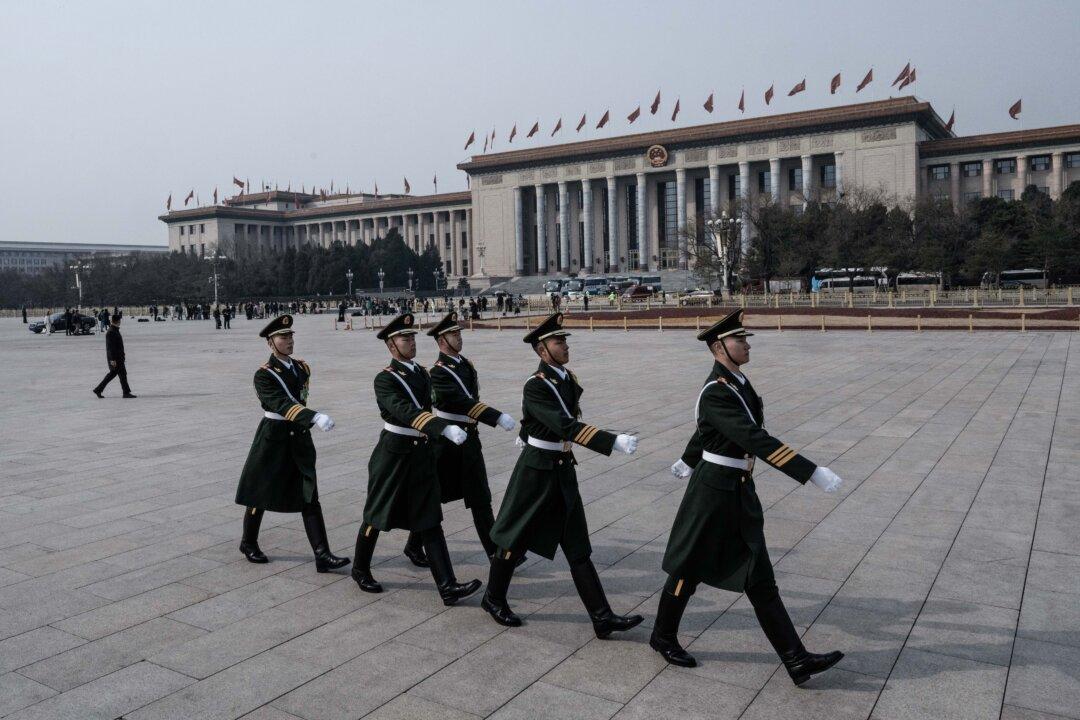Government funding for the Environmental Defenders Office (EDO)—a community legal service that says it runs “groundbreaking litigation and leading law reform advocacy”—is under review after Federal Court Justice Natalie Charlesworth issued a ruling that was highly critical of the organisation’s methods and behaviour.
As reported by The Epoch Times earlier in January, the EDO represented Tiwi Islanders in a case against plans by energy giant Santos to develop a $5.8 billion (US$3.8 billion) Barossa gas export pipeline. The plaintiffs lost, with the judge making several findings condemning the actions of the EDO and some of its witnesses.





